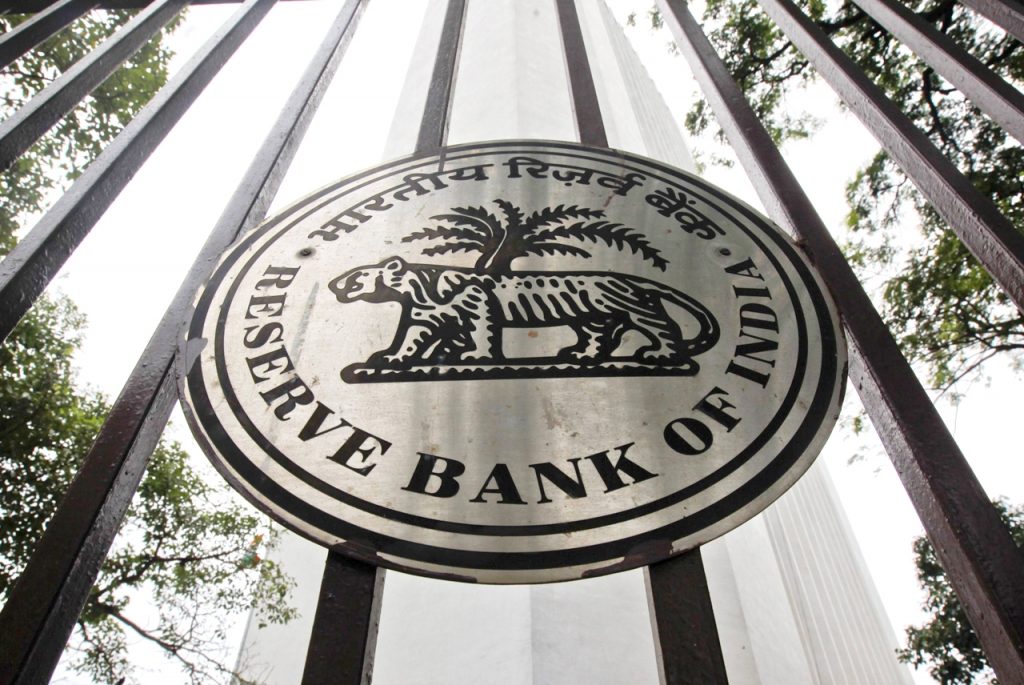The Reserve Bank of India (RBI) has declared that 15 large Non-Banking Finance Companies (NBFCs) will now face stricter regulatory rules. This decision includes well-known companies like LIC Housing Finance, Bajaj Finance, and Tata Sons. The central bank’s move aims to bolster financial stability and comes in line with their classification system for NBFCs.
The RBI has categorized NBFCs into four layers: Base Layer (NBFC-BL), Middle Layer (NBFC-ML), Upper Layer (NBFC-UL), and Top Layer (NBFC-TL). The list released contains 15 large NBFCs that fall into the Upper Layer category. Other than LIC Housing Finance, Bajaj Finance, and Tata Sons, the list also features L&T Finance, Piramal Capital & Housing Finance, and Cholamandalam Investment and Finance Company.
Additionally, the list includes Indiabulls Housing Finance, Mahindra & Mahindra Financial Services, Tata Capital Financial Services, PNB Housing Finance, HDB Financial Services, Aditya Birla Finance, Muthoot Finance, and Bajaj Housing Finance.
One notable absence is TMF Business Services Ltd, formerly known as Tata Motors Finance Limited. The RBI explained that although the company met the criteria for the Upper Layer, it has not been included due to ongoing business restructuring.
The RBI uses a prescribed method to identify NBFCs in the Upper Layer based on their asset size and a scoring system. According to rules established in October 2021, once an NBFC is classified as an NBFC-UL, it has to comply with stronger regulatory requirements. These regulations will remain in place for at least five years, even if the company does not meet the criteria in subsequent years.
This development is a part of RBI’s ‘Scale Based Regulation (SBR): A Revised Regulatory Framework for NBFCs’. The purpose is to put extra regulatory scrutiny on large financial companies that have the potential to impact financial stability in India.
With the Indian economy recovering from the impact of the COVID-19 pandemic, and the finance sector playing a crucial role in that recovery, the tightening of regulations for large NBFCs is seen as a proactive measure. It aims to prevent financial risks and ensure that these companies operate within a secure and well-regulated environment.
